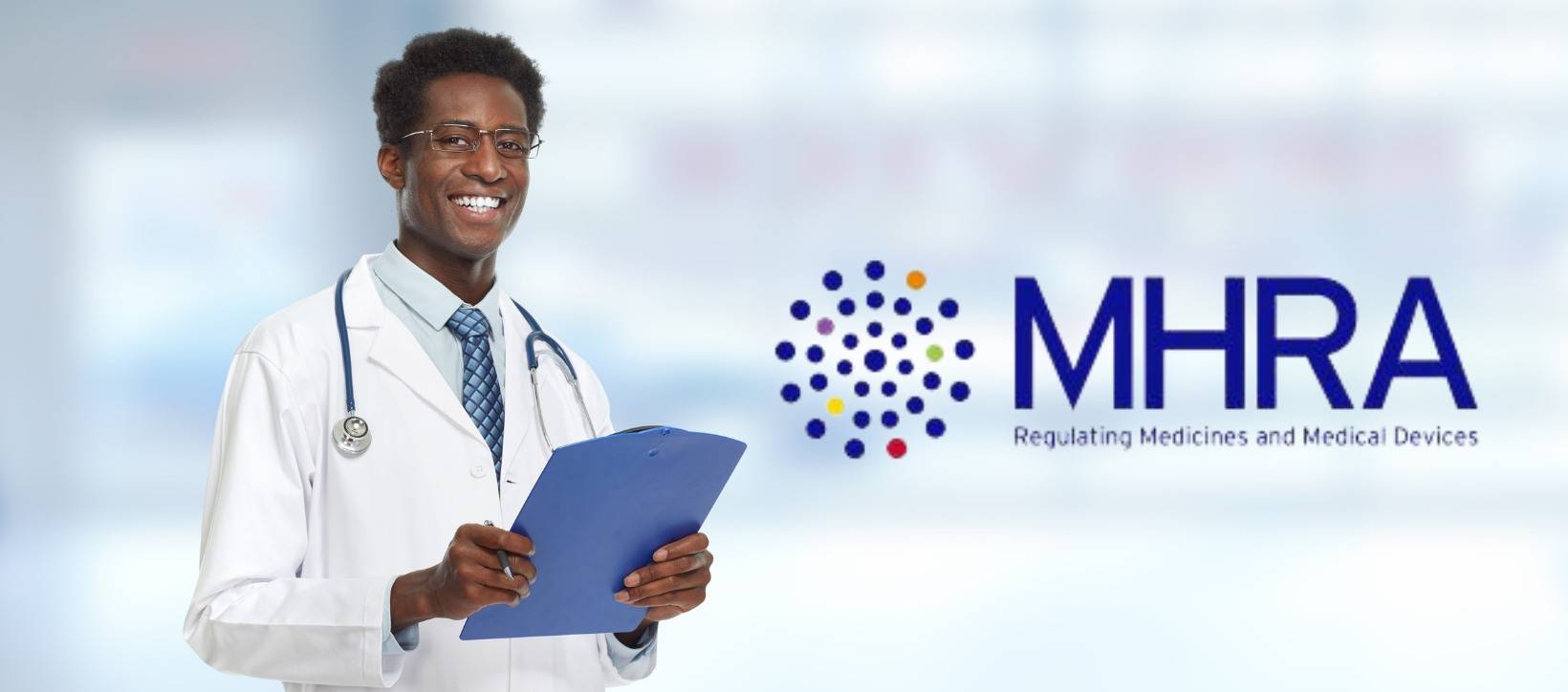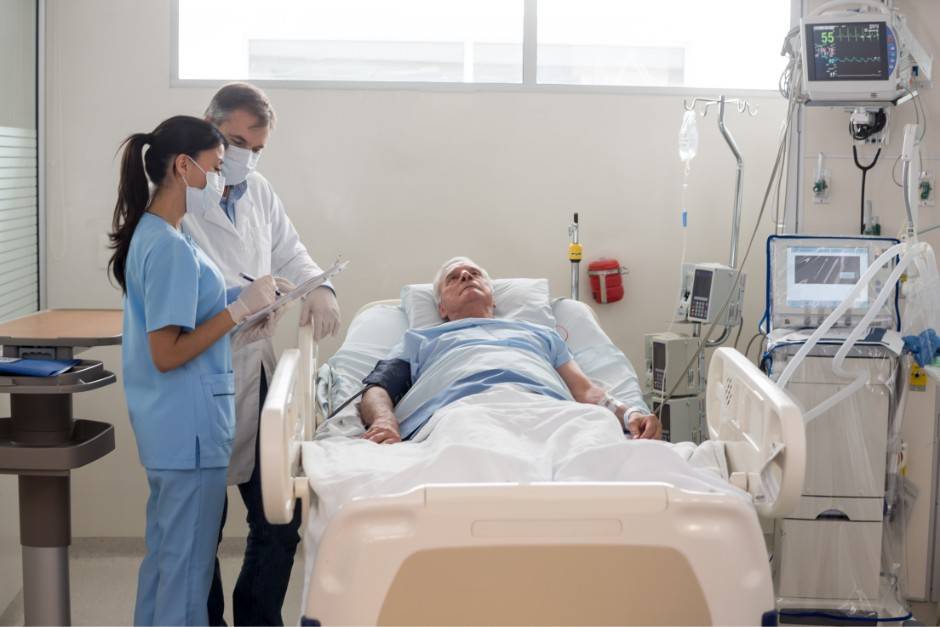The new article describes in detail the specific requirements an application should meet, as well as the relevant steps and procedures.

Table of content
The Medicines & Healthcare Products Regulatory Agency( MHRA), the UK regulating authority in the sphere of healthcare products, has published a guidance document dedicated to the Innovative Devices Access Pathway (IDAP) program – a new special legal framework intended to facilitate the development and marketing of medical devices utilising novel technologies. The primary aim of the pilot program is not only to expedite this integration but also to evaluate the pathway’s core components. The valuable insights obtained from this evaluation will provide feedback and lessons that will inform the broader roll-out and future iterations of the IDAP.
Collaboration
As it was mentioned before, the success of the IDAP is dependent on a collaborative approach. A consortium of distinguished partners is behind its implementation. These partners are:
- Health Technology Wales (HTW)
- Medicines and Healthcare products Regulatory Agency (MHRA)
- National Health Service England (NHSE)
- National Institute for Health and Care (NICE)
- Scottish Health Technologies Group (SHTG).

Eligibility Criteria
The IDAP has a set of clear eligibility criteria that potential participants must fulfil:
It welcomes applications from across the globe, except for countries that are under UK sanctions.
The product in question must qualify as a medical device. This covers a broad spectrum ranging from everyday items like walking sticks and contact lenses to more specialized devices such as in-vitro diagnostic tools and active implantable devices like pacemakers.
The entity making the application should be legally recognized with rights to sell their health product in the UK.
For those presenting early-stage health technologies, there is a requirement to provide evidence, preferably data from a nearly finished prototype, showcasing a viable proof of concept.
Applicants must have a clear intention to market their product within the UK and should be on the pathway to acquiring the necessary regulatory authorisations Additionally, they should have lined up UK clinical investigation sites for their product trials.
A mandatory requirement exists for the applicant to be open to collaboration with IDAP partners, especially in the creation of a Target Development Profile.
Furthermore, all technologies presented should have, or be in the process of acquiring ISO 13485 certification.
Exclusions
According to the guidance, certain entities and products are explicitly excluded from the IDAP, namely:
Products that combine both drugs and medical devices.
Legal entities that are headquartered or have significant operations in jurisdictions that are currently sanctioned by the UK government.
Application Details
According to the guidance, interested entities can apply to be part of the program via the IDAP pilot application, available on GovForms. Important dates include the pilot’s launch on 19th September 2023 and its conclusion on 29th October 2023. The first results from this pilot will be communicated in December 2023, with more details to be released after January 2024.
As further explained by the authority, multiple benefits are available for those who complete the application process. These successful applicants will have access to multiple tools tailored to speed up the development and integration phases of their devices. Notably, they will receive both regulatory and testing support from MHRA. Additionally, NICE will undertake feasibility studies for the product, a move that will significantly smoothen its integration into the UK’s public health infrastructure
Evaluation Process
Applications will undergo a rigorous review process conducted by a panel of experts in the field. This panel will assess the potential of each product, especially focusing on those that are poised to derive maximum benefit from the resources and expertise offered in the pilot.
For the application process, there are a few important aspects to be highlighted:
The IDAP’s main focus is on products that are in the active development and prototyping phases. Mere ideas with tangible progress are included.
Organizations can submit multiple applications, provided each application corresponds to a distinct device.
Intellectual property rights remain with the applicant. However, there is a provision that allows IDAP partners to share application details within their consortium for evaluation purposes.
Once submitted, applications are final. If modifications are necessary, the original application has to be withdrawn, and a fresh one submitted instead.
Confidentiality, Fees, and Market Access
All data shared with IDAP will be treated with the strictest confidence, safeguarded by UK data protection laws. The application process is free of any fees, making it accessible to all interested parties. Additionally, the MHRA has a provision for exceptional authorization of medical devices for both the GB and Northern Ireland markets, under specific conditions.
Application Form Specifics
The application form for the IDAP pilot has distinct sections, and applicants are advised to complete them carefully. They will need to provide various documents ranging from evidence of their product’s basic principles, risk registers, certification, and test reports, to support letters from speciality clinical leads within relevant care organizations.
Conclusion
In summary, the present MHRA guidance provides further details on the application process in general, as well as on the structure of the application itself. By the guidance, the authority emphasizes the key points to be taken into consideration by the parties interested in participating in the pilot program.
How Can RegDesk Help?
RegDesk is a holistic Regulatory Information Management System that provides medical device and pharma companies with regulatory intelligence for over 120 markets worldwide. It can help you prepare and publish global applications, manage standards, run change assessments, and obtain real-time alerts on regulatory changes through a centralized platform. Our clients also have access to our network of over 4000 compliance experts worldwide to obtain verification on critical questions. Global expansion has never been this simple.

